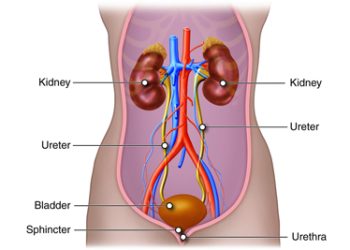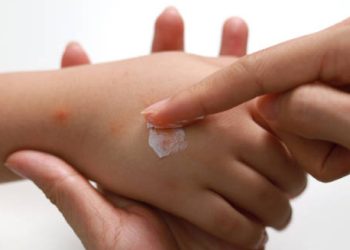Diagnosis of Excessive Daytime Sleepiness
The diagnosis of excessive daytime sleepiness requires a detailed clinical evaluation to uncover the cause of the drowsiness. Since excessive daytime sleepiness can result from sleep disorders, medical conditions, or lifestyle factors, doctors use a combination of history-taking, physical exams, and specialised tests.
Medical History and Sleep Diary
Doctors begin by asking:
How many hours of sleep you get each night
Whether you wake up feeling refreshed
If you experience snoring, gasping, or leg movements during sleep
When and where you feel sleepy during the day
Any recent changes in weight, mood, or medication
A sleep diary, kept for one to two weeks, can help track sleep duration, quality, and daytime symptoms. It may reveal patterns such as inconsistent bedtimes, frequent awakenings, or signs of sleep deprivation.
Physical Examination
The exam may check for:
Obesity or large neck circumference (linked to sleep apnoea)
Thyroid enlargement, which may suggest hypothyroidism
Pale skin, indicating anaemia
Signs of nasal obstruction, like enlarged tonsils or a deviated septum
If sleep apnoea or other disorders are suspected, further testing is required.
Screening Tools
Doctors may use standard questionnaires like:
Epworth Sleepiness Scale (ESS) – Rates how likely you are to fall asleep in various situations
STOP-BANG questionnaire – Screens for risk of sleep apnoea
High scores on these tools suggest the need for referral to a sleep specialist or for a sleep study.
Sleep Studies (Polysomnography)
The most definitive diagnostic test is a sleep study, which records:
Brain activity
Breathing rate and airflow
Oxygen levels
Heart rate
Muscle and eye movements
Sleep studies help diagnose:
Obstructive sleep apnoea
Narcolepsy
Periodic limb movement disorder
REM behaviour disorder
For suspected narcolepsy, a multiple sleep latency test (MSLT) may also be done the next day to measure how quickly and often a person falls asleep during short naps.
Blood Tests
Doctors may also order:
Full blood count (FBC) – To detect anaemia
Thyroid function tests – To rule out hypothyroidism
Blood glucose tests – To check for diabetes
Vitamin B12 and iron levels – Deficiencies may cause fatigue
Diagnosis of Excessive Daytime Sleepiness In South Africa
In South Africa, sleep studies are mostly available in private centres, limiting access for many patients. As a result, many diagnoses are based on symptoms and physical findings alone. Increasing public and professional awareness can lead to earlier recognition and intervention.
The diagnosis of excessive daytime sleepiness requires a holistic approach. With proper evaluation, the root cause can be identified and treated effectively.
[Next: Treatment of Excessive Daytime Sleepiness →]


